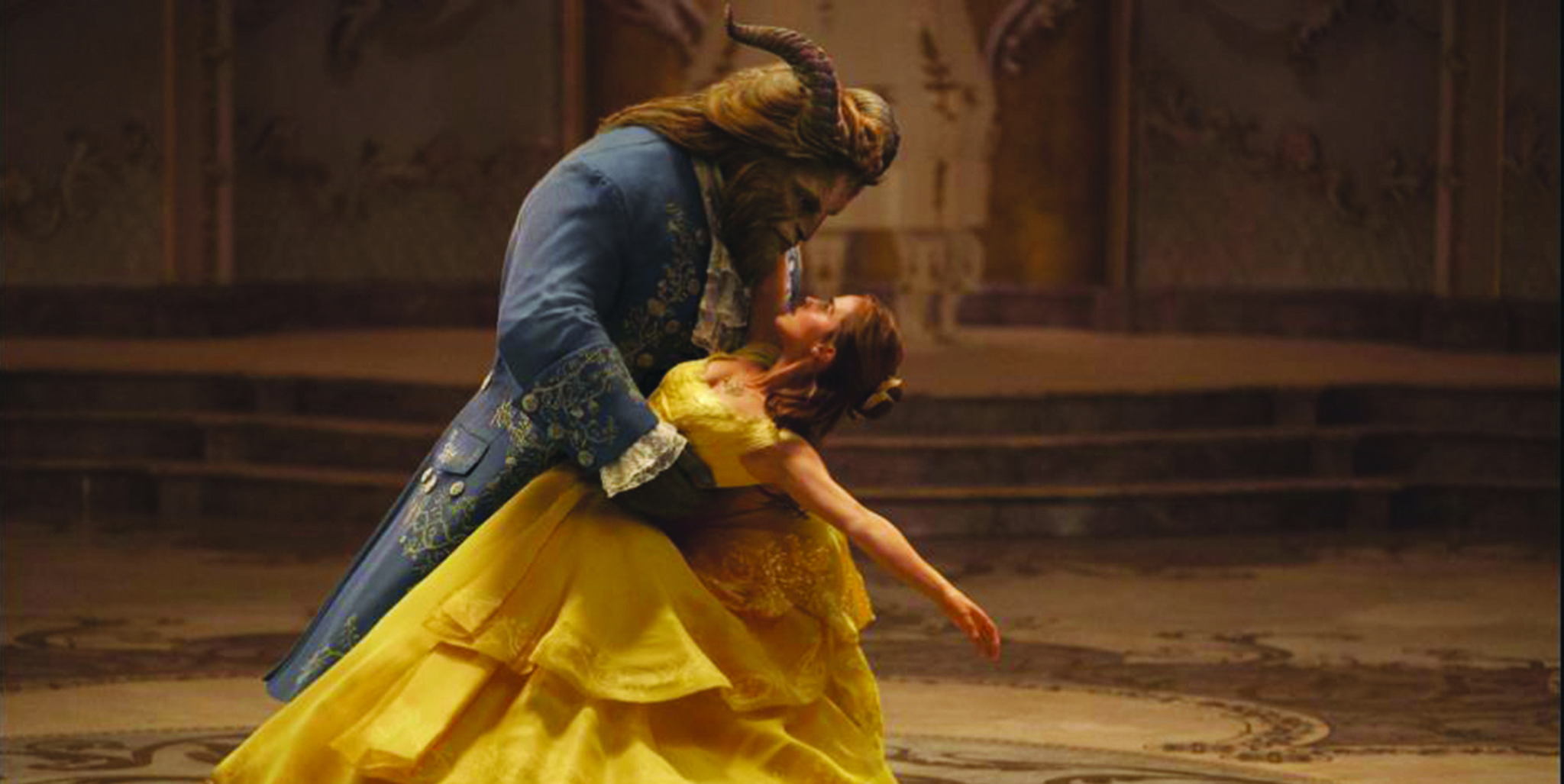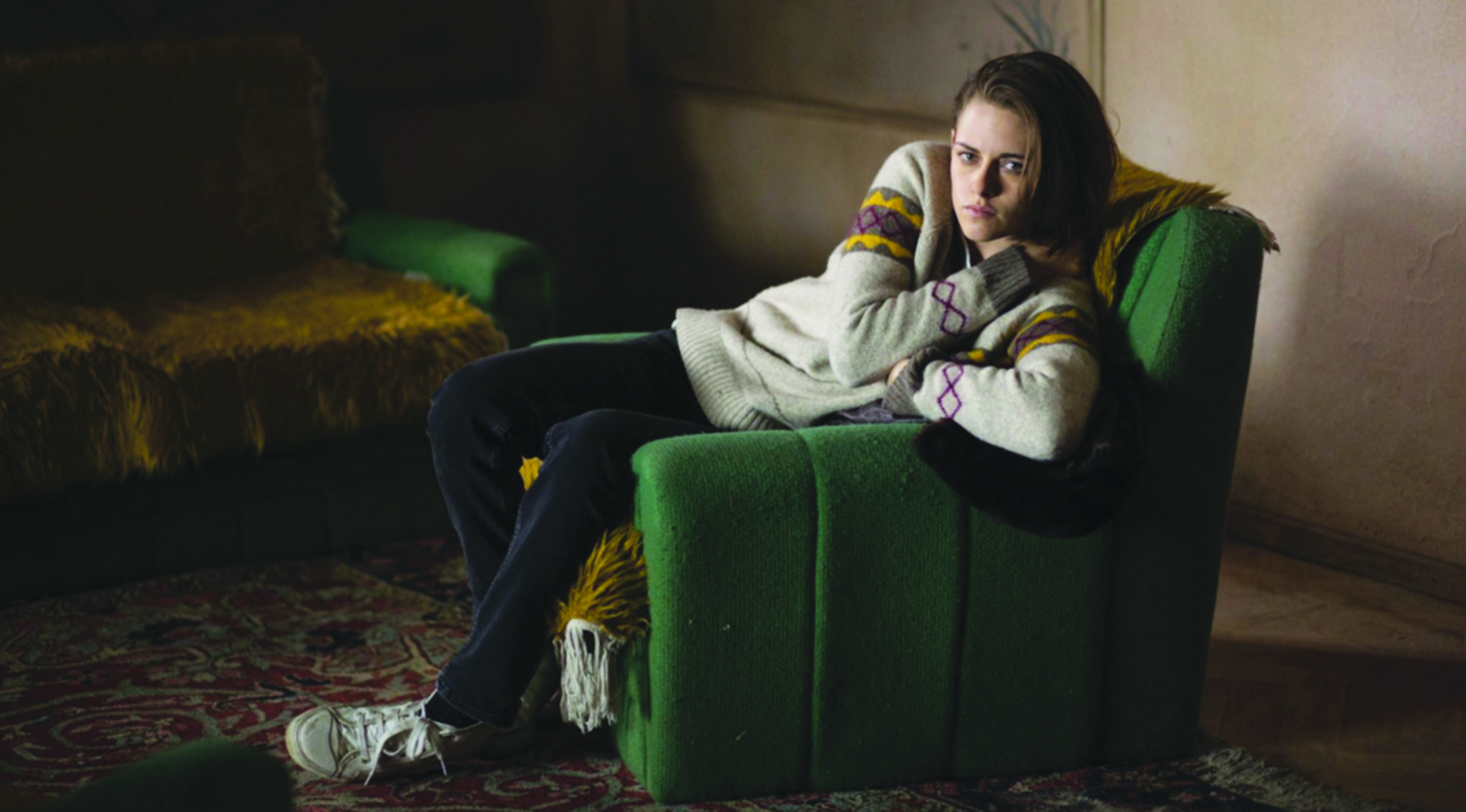By David Templeton
As the Sunday afternoon sun reaches into the lobby of the movie theater, a stray shaft of light briefly illuminates a massive cardboard display propped up against the wall. It vividly depicts actress Emma Watson—who briefly glows in the sunlight—posed alongside an array of gesticulating clocks, candelabras, teapots and feather dusters, plus an enormous, forlornly scowling horned monster.
“I thought it was a very successful film, overall, and quite charming,” says Berkeley-based stage director Jay Manley. “But in many ways, I still think the stage version is better.”
We’ve just caught an early matinee of the immensely popular new film, a live-action adaptation of the Oscar-nominated 1991 animated classic. That film, as Manley mentions, was turned into a much-beloved Broadway show in 1994, a show that has since become a staple of theater companies across the country.
Manley is the founder of Foothill Music Theatre, and a fairly regular director of Marin County’s annual Mountain Play extravaganza up on Mt. Tamalpais. In two months, from May 21 to June 18, Manley will be directing the Mountain Play’s own production of Beauty and the Beast, giving the show a massively-scaled production.
“We’re building a village up there on the mountain,” Manley reveals. “And a castle. It’s outrageous, but we’re doing it. I’m guessing that the popularity of this movie will increase people’s appetites to see the live version—because they really are quite different.”
That’s true. The new movie takes the best parts of the animated film, employs some expert casting, then adds a few original elements, delivering plenty of clever digital magic.
“What you can do with film today is amazing,” Manley notes, as we sit down for a cup of coffee just down the street. “In terms of scale and special effects and all of that, you can’t replicate some of this spectacle on stage. And I think this film does succeed in creating a believable world in ways that the animated version didn’t quite accomplish.”
And yet, Manley still feels that the live version has a special magic of its own.
“As wonderful as it is seeing the servants in their enchanted form, as household objects, in the film,” he says, “there’s something even better about seeing actual human beings, in costumes, half-transformed into the piece of furniture they are slowly turning into. We get a better sense of the humanity they are afraid of losing.”
Good point. Though skeptics thought it a preposterous idea when Disney first announced its Broadway adaptation, the stage show proved, in places, to be an improvement over the animated original, adding unexpected depth of character and a few marvelous new songs by Alan Menken and Tim Rice.
“Speaking of those songs , shall we talk about the big omission?” I ask Manley. “The one song from the stage show that should be in the new movie, but isn’t?”
“Oh,” he says with a nod. “You mean, ‘If I Can’t Love Her.’ Yes. What happened there?”
The moment from the film that we are referring to is a scene where the Beast (Dan Stevens, of Downton Abbey), experiencing a moment of profound despondence, stands on a balcony atop his enchanted castle, and sings a mournful tune. Written for the film by Menken and Rice, it’s a dirge titled, “Forever More.” It’s awful.
“I don’t love that new song,” Manley admits. “It has some pretty terrible lyrics. ‘If I Can’t Love Her’—the song the Beast sings in the stage version—that’s a much better song.
“I liked the backstory for Belle that the movie gives us,” he continues. “It makes the whole story more poignant. Everyone knows the basic Beauty and the Beast story … the girl gradually comes to see the real person inside the beast. But the movie actually takes that a little deeper. It actually improves the original story.”
“That story,” I point out, “has, in one form or another, been told over and over for centuries. Why do you believe we keep returning to it?”
“Well, it’s an important story, I think,” Manley says. “When told properly, it’s got a very profound message.”
“Which is?” I ask.
“You can’t judge a book by its cover,” he says. “You can’t judge a person by their outward appearance, or by what you assume you know about them. Down deep, people can often surprise you. That’s a message that cuts across all kinds of cultures and beliefs. It never gets old, and there are times in our lives when it becomes especially important to remember.
“Clearly,” Manley continues, “based on the sort-of-unstoppable popularity of Beauty and the Beast on stage or on screen, right now is one of those times.”









